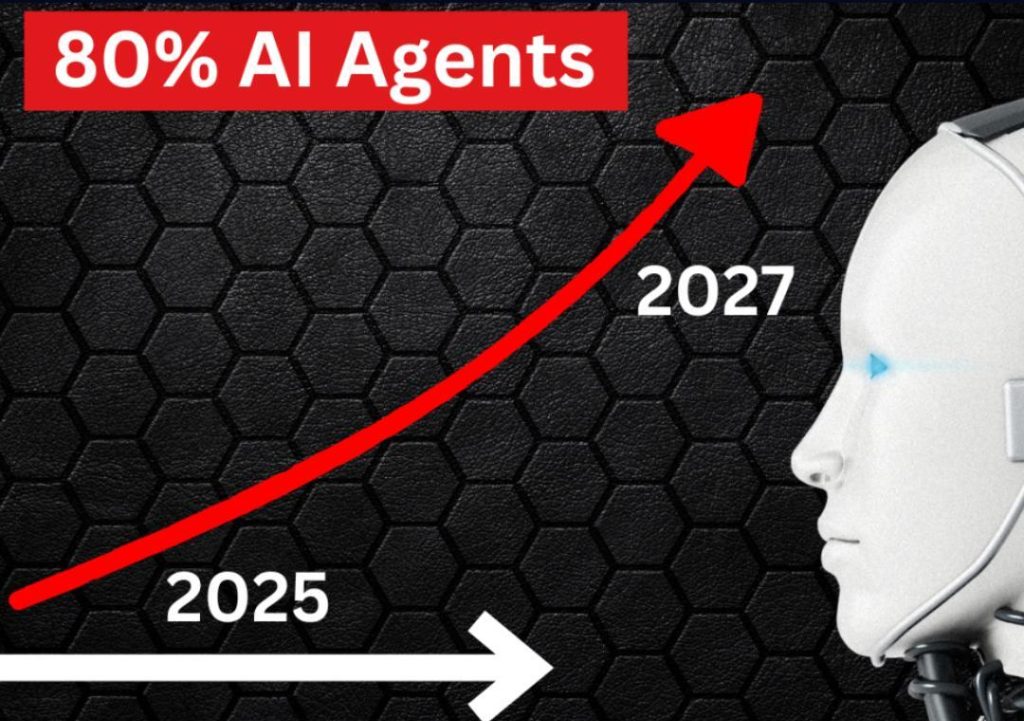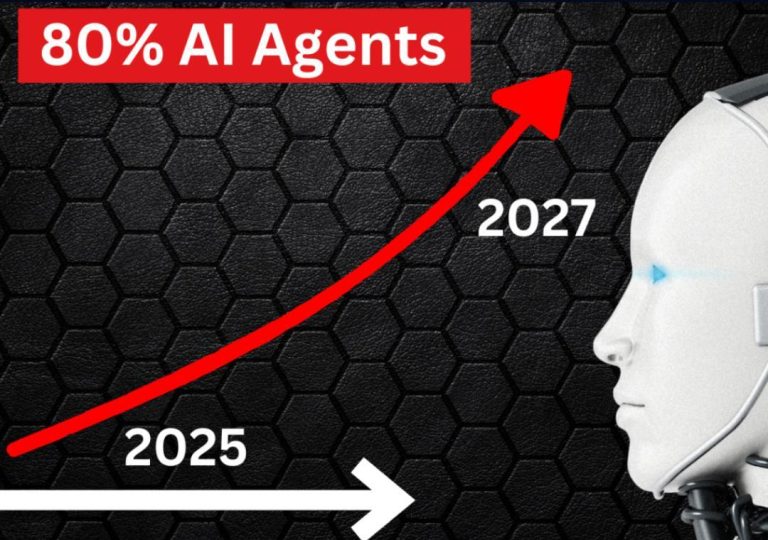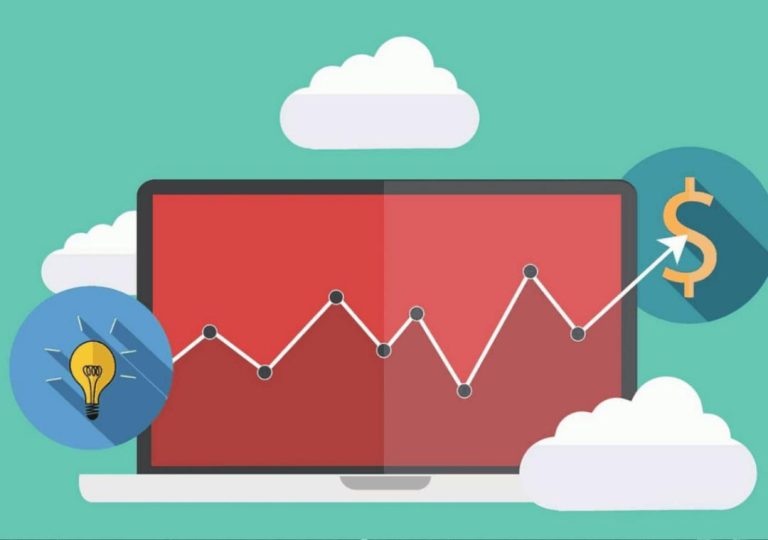
80% of Analysts’ Time Can be Automated Now
The world of data analysis has undergone a significant transformation in recent years. With the advent of advanced technologies like artificial intelligence (AI) and machine learning (ML), data analysis has become more efficient, accurate, and faster. However, despite these advancements, analysts still spend a significant amount of time on manual tasks, such as data cleaning, filtering, and reporting. This is where the concept of automation comes in, and it’s revolutionizing the way analysts work.
According to a recent report, deep data copilot can automate up to 80% of analysts’ reporting tasks. This means that analysts can now focus on high-impact creative strategy, instead of wasting their time on manual tasks. In this blog post, we’ll explore what this means for analysts, and how it can benefit their work.
What is a Deep Data Copilot?
A deep data copilot is an AI-powered tool that helps analysts to automate their reporting tasks. It’s designed to interpret metrics, flag anomalies, and suggest next steps, freeing up analysts to focus on more strategic and creative work. With a deep data copilot, analysts can easily connect to multiple data sources, integrate data from different systems, and generate insights in real-time.
How Does it Work?
The deep data copilot uses natural language processing (NLP) and machine learning algorithms to analyze data from multiple sources. It can connect to various data sources, including relational databases, cloud storage, and APIs. Once the data is connected, the copilot uses NLP to interpret the data and identify patterns, trends, and anomalies.
The copilot can also generate reports and dashboards, and provide recommendations for next steps. For example, if the copilot identifies a trend in customer behavior, it can suggest marketing campaigns or promotions to capitalize on that trend. This level of automation and insights can help analysts to make data-driven decisions, and drive business growth.
Benefits of Automation
The benefits of automation in data analysis are numerous. Some of the key benefits include:
- Increased Efficiency: Automation can save analysts up to 80% of their time, which can be used for more strategic and creative work.
- Improved Accuracy: Automation can reduce errors and inaccuracies in data analysis, which can lead to better decision-making.
- Faster Insights: Automation can provide real-time insights, which can help analysts to respond quickly to changes in the market.
- Scalability: Automation can handle large datasets, which can be difficult or impossible for humans to analyze.
Real-World Applications
The deep data copilot can be used in a variety of industries and applications. Some examples include:
- Marketing: The copilot can help marketers to analyze customer behavior, and provide insights for targeted marketing campaigns.
- Finance: The copilot can help financial analysts to analyze financial data, and provide insights for investment decisions.
- Healthcare: The copilot can help healthcare analysts to analyze patient data, and provide insights for personalized medicine.
Conclusion
The deep data copilot is a game-changer for analysts. It can automate up to 80% of reporting tasks, freeing up analysts to focus on high-impact creative strategy. With its ability to interpret metrics, flag anomalies, and suggest next steps, the copilot can help analysts to make data-driven decisions, and drive business growth.
In conclusion, the deep data copilot is an essential tool for any analyst who wants to stay ahead of the curve. It can help analysts to automate their reporting tasks, improve their accuracy, and provide faster insights. Whether you’re in marketing, finance, or healthcare, the deep data copilot is an investment worth considering.



